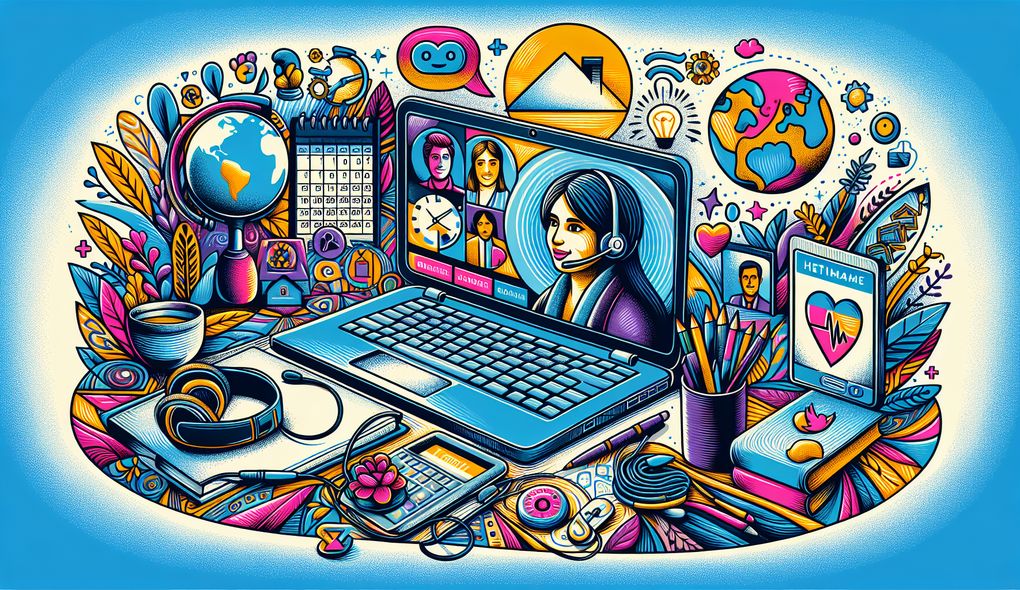25. How do you address potential biases or cultural differences in your therapy approach?
JUNIOR LEVEL

Sample answer to the question:
When addressing potential biases or cultural differences in my therapy approach, I start by acknowledging the importance of cultural competence and sensitivity. I strive to create a safe and inclusive space for all clients by actively listening and validating their experiences. I also continuously educate myself on different cultures and belief systems to ensure that I approach therapy with an open mind. Additionally, I encourage clients to express their cultural background and values, which helps me tailor my therapeutic techniques accordingly.
Here is a more solid answer:
In my therapy approach, I proactively address potential biases or cultural differences by taking several steps. Firstly, I conduct a thorough intake assessment that includes questions about the client's cultural background and identity. This allows me to gain insights into their unique experiences and perspectives. Secondly, I stay updated on the latest research and literature on cultural competence to ensure that my practice remains sensitive and respectful. Thirdly, I actively engage in self-reflection and seek supervision to explore any personal biases that may impact the therapeutic relationship. Finally, I incorporate culturally relevant interventions and techniques into my therapy sessions, aiming to bridge any gaps and provide a meaningful and effective therapeutic experience.
Why is this a more solid answer?
The solid answer provides specific steps that the candidate takes to address biases and cultural differences in their therapy approach. It demonstrates their commitment to ongoing education, self-reflection, and an emphasis on cultural competence. However, it could still benefit from concrete examples of culturally relevant interventions and techniques that the candidate utilizes in their sessions.
An example of a exceptional answer:
Addressing potential biases and cultural differences in my therapy approach is crucial for providing effective and inclusive care. To achieve this, I take a multifaceted approach. Firstly, I engage in continuous self-reflection and learning, taking part in diversity and inclusion training workshops and seeking supervision to explore any unconscious biases. Secondly, I actively collaborate with clients to develop a culturally sensitive treatment plan that aligns with their individual needs and values. I integrate evidence-based interventions tailored to their cultural background, such as narrative therapy or culturally adapted cognitive-behavioral therapy. Additionally, I foster an environment of trust and respect by actively listening, validating, and empowering clients to share their unique cultural experiences. Lastly, I regularly review my therapeutic techniques and approaches to ensure that they are inclusive and culturally appropriate, making adjustments as necessary.
Why is this an exceptional answer?
The exceptional answer goes beyond the solid answer by providing a more comprehensive approach to addressing biases and cultural differences. It shows the candidate's commitment to ongoing learning and self-reflection, as well as their ability to collaborate with clients to create a culturally sensitive treatment plan. The answer also introduces specific evidence-based interventions and highlights the candidate's dedication to regularly reviewing and adapting their approaches. Overall, it demonstrates a strong understanding of cultural competence in therapy.
How to prepare for this question:
- Familiarize yourself with different cultural backgrounds and belief systems by reading books, articles, and attending cultural competency trainings.
- Reflect on your own biases and prejudices and be prepared to discuss how you address them in therapy.
- Research and become familiar with evidence-based interventions that are culturally relevant and sensitive.
- Practice active listening and empathy in your daily interactions to enhance your communication skills.
- Come prepared with specific examples from past experiences where you have addressed biases or cultural differences in therapy.
What are interviewers evaluating with this question?
- Cultural Competence
- Empathy
- Communication

